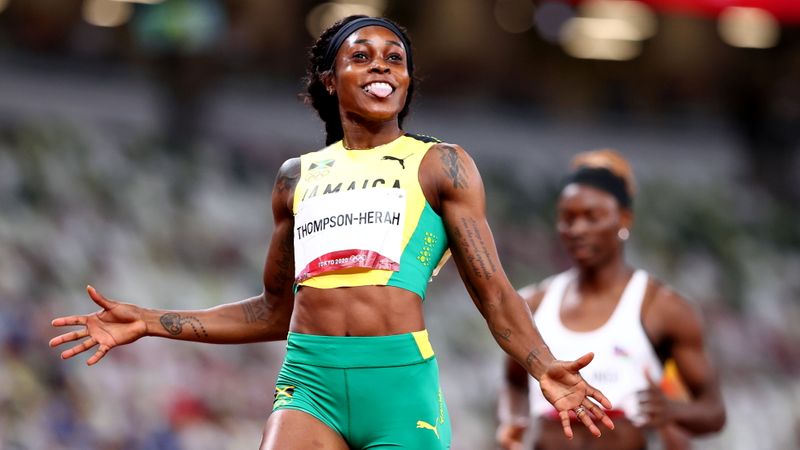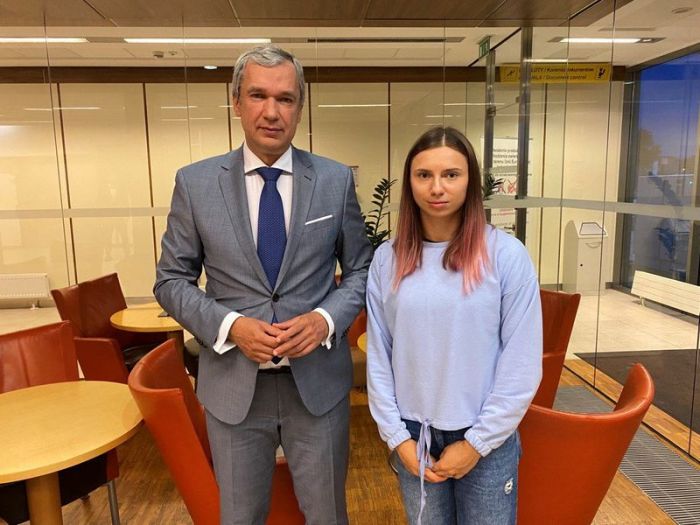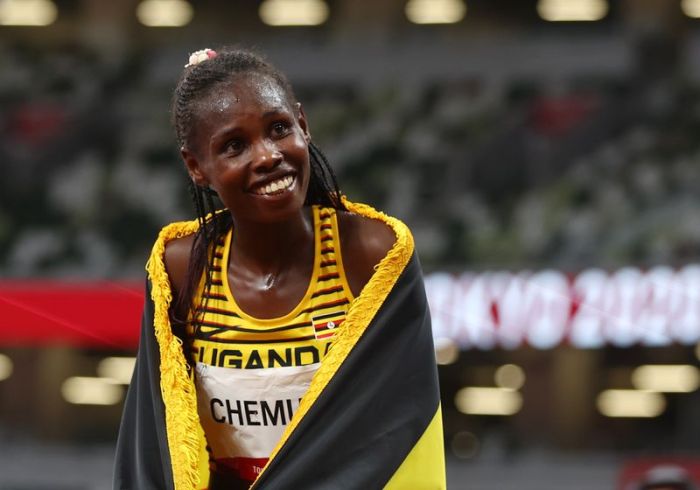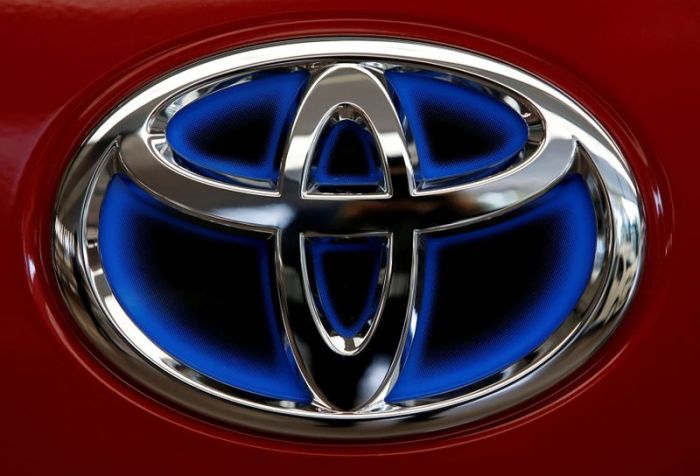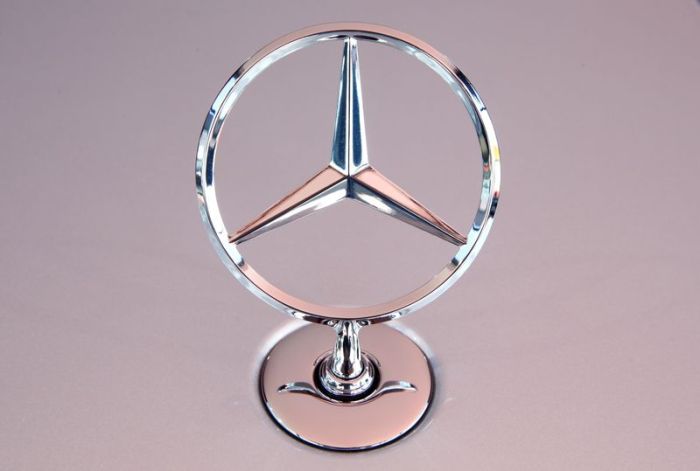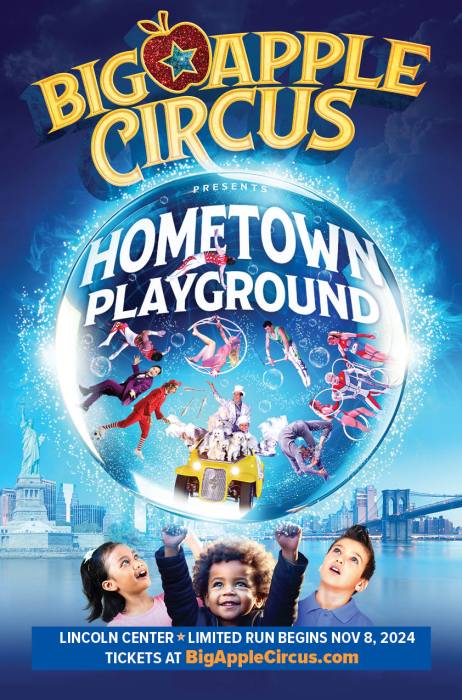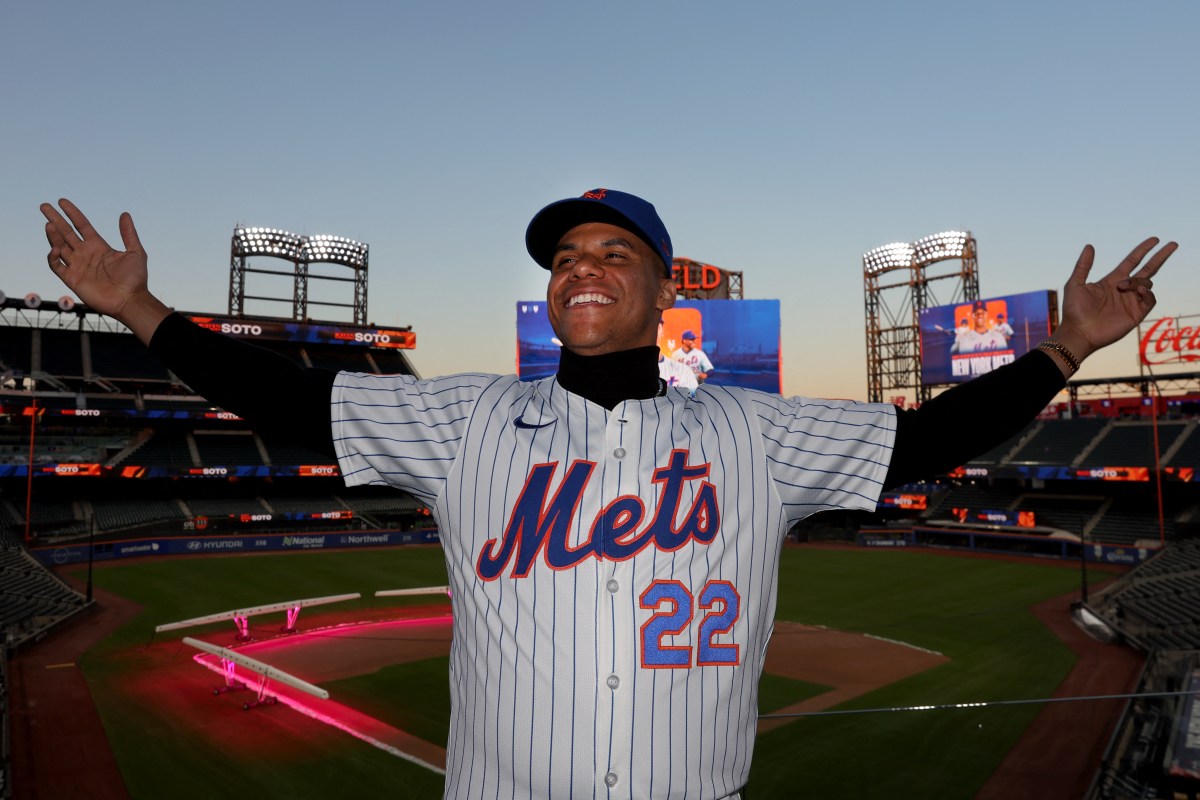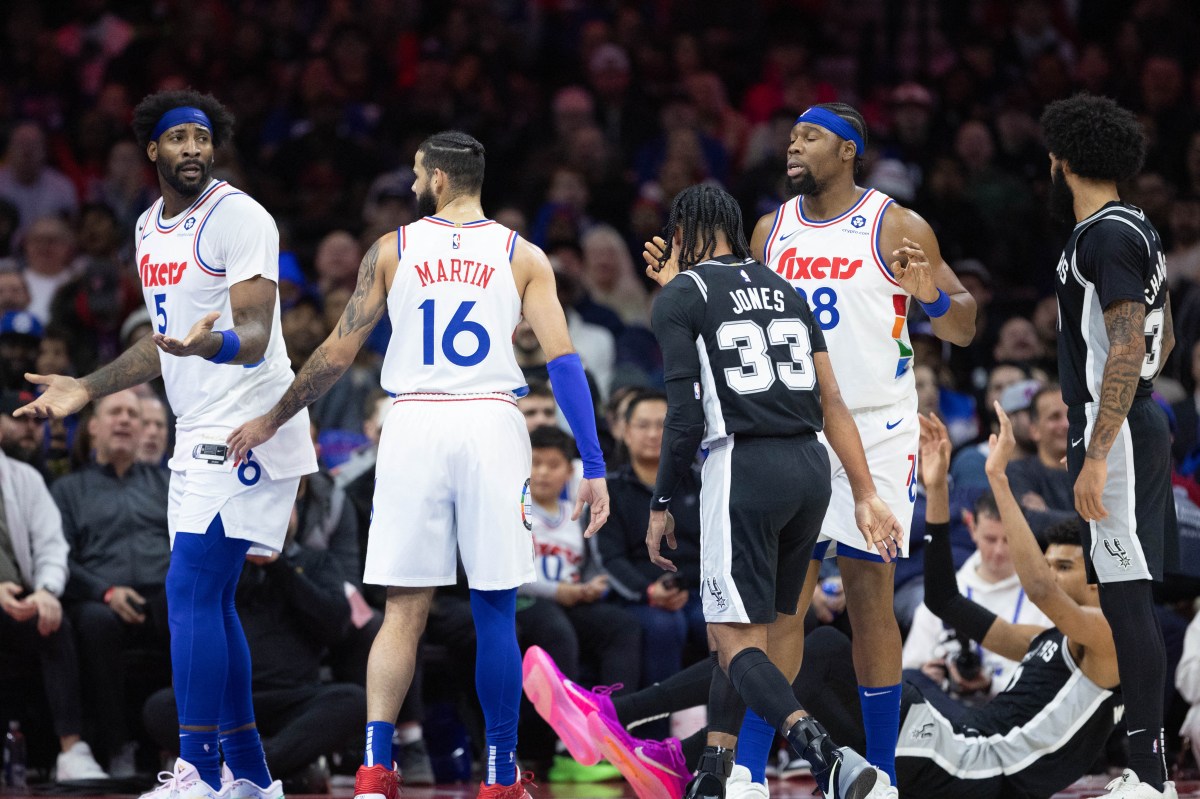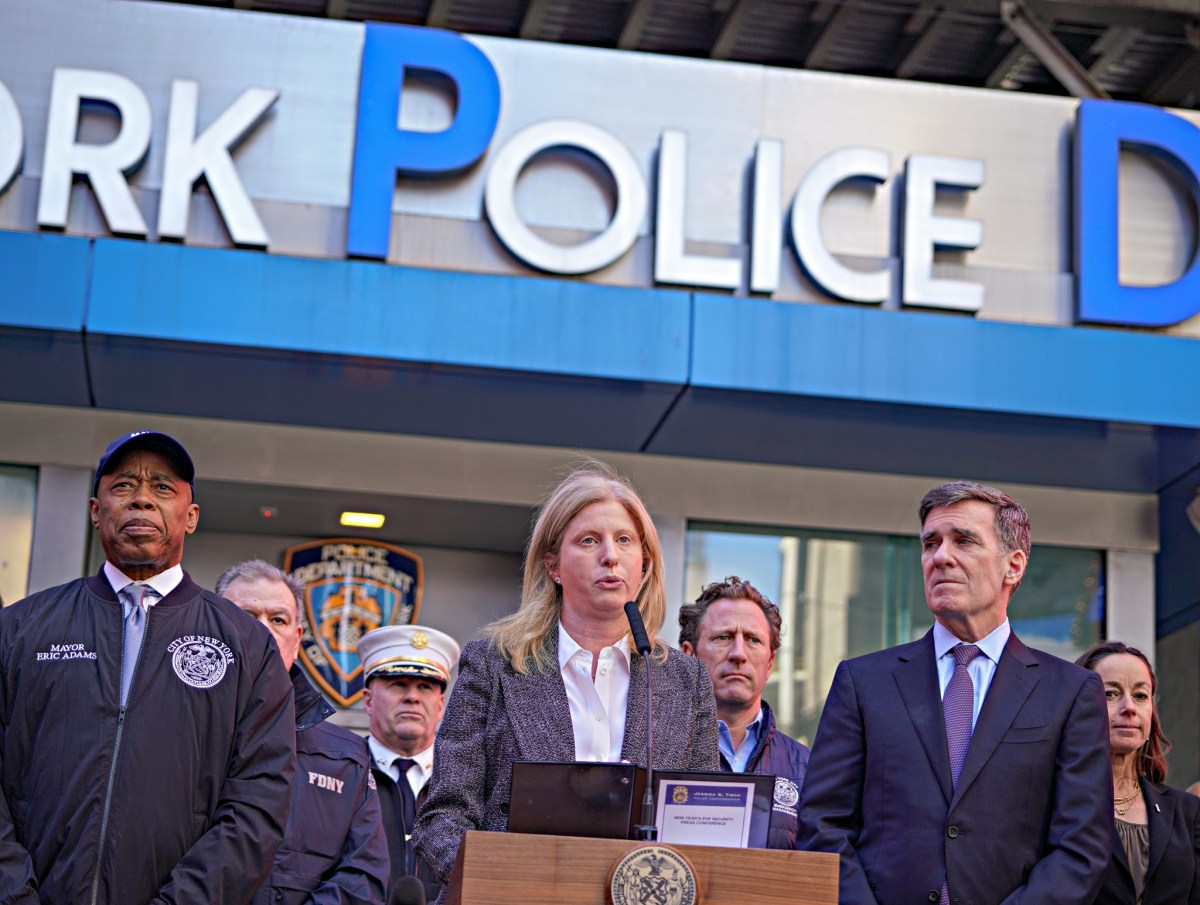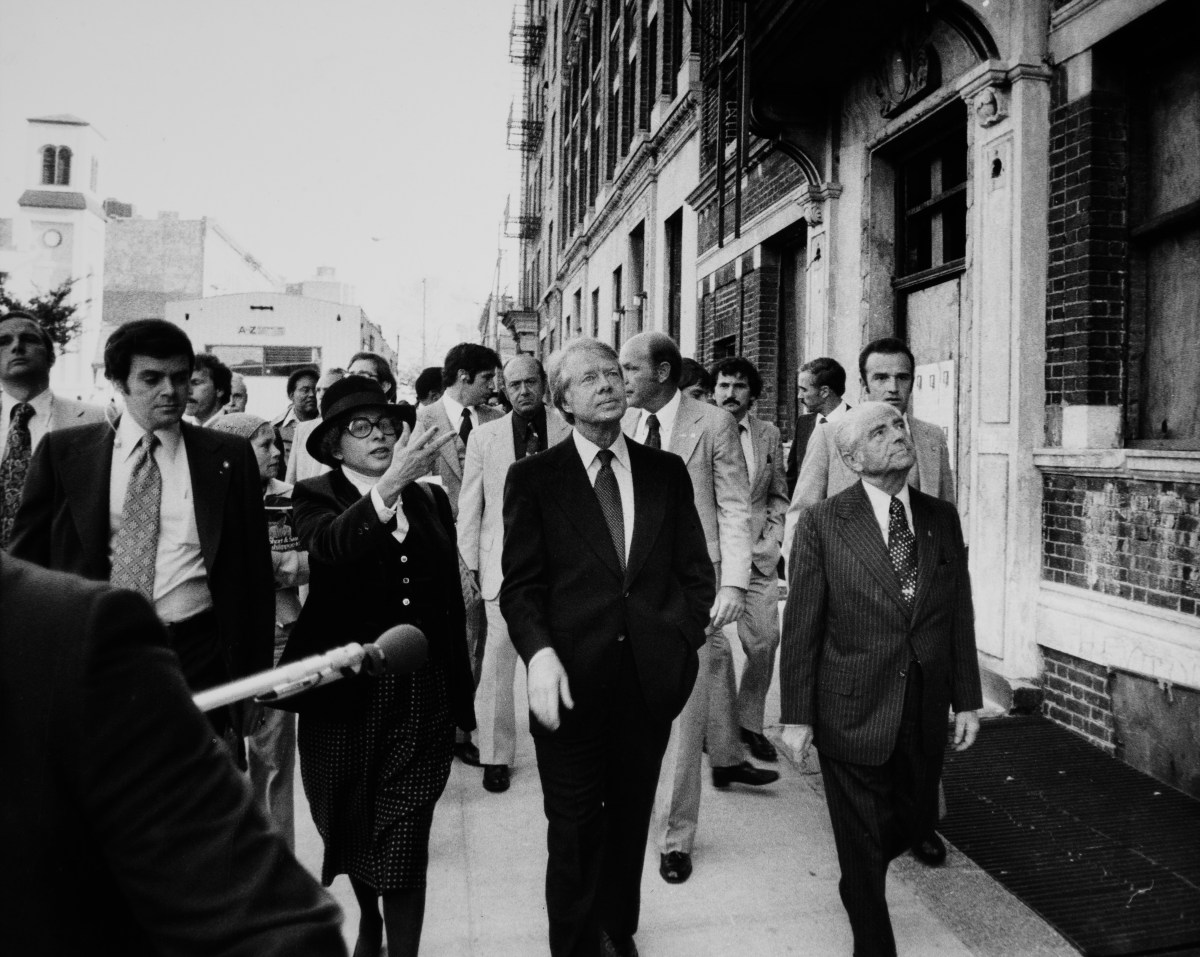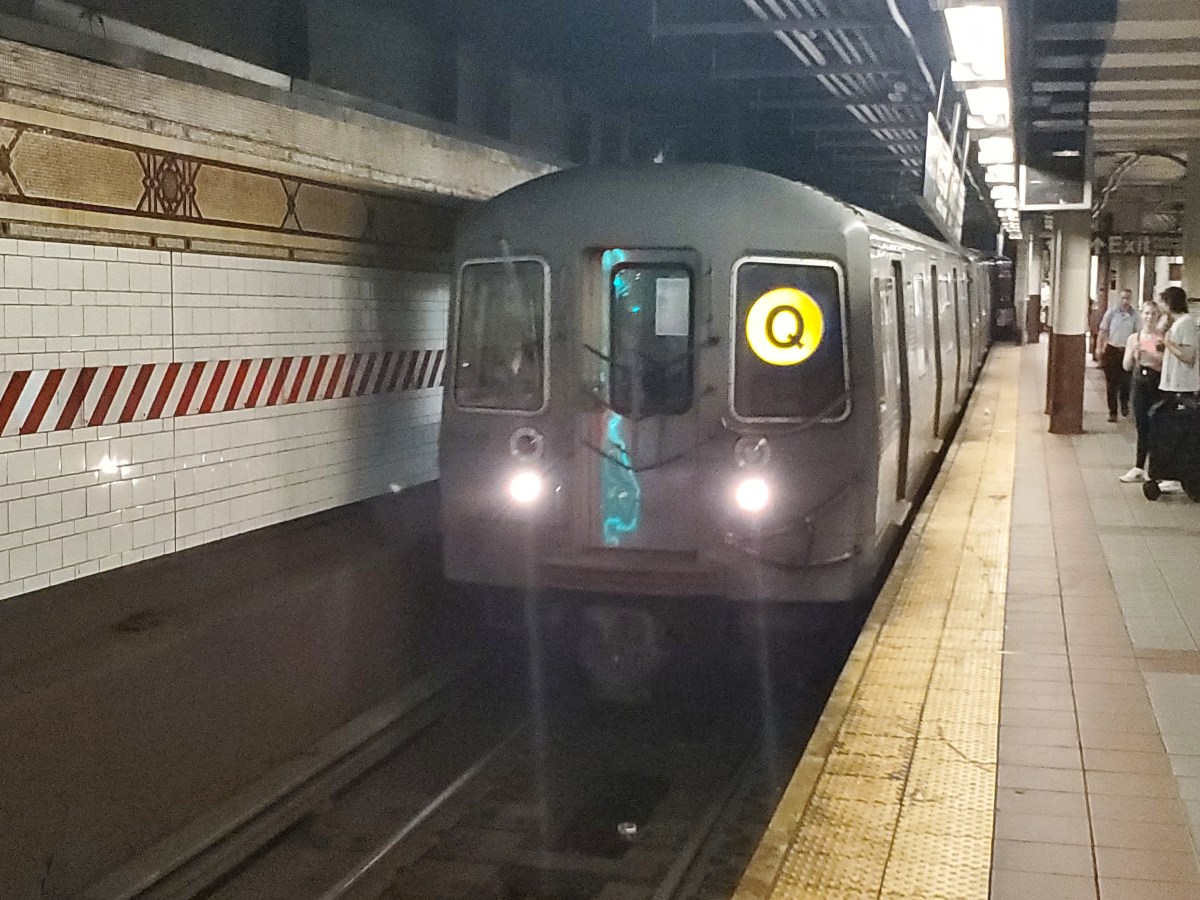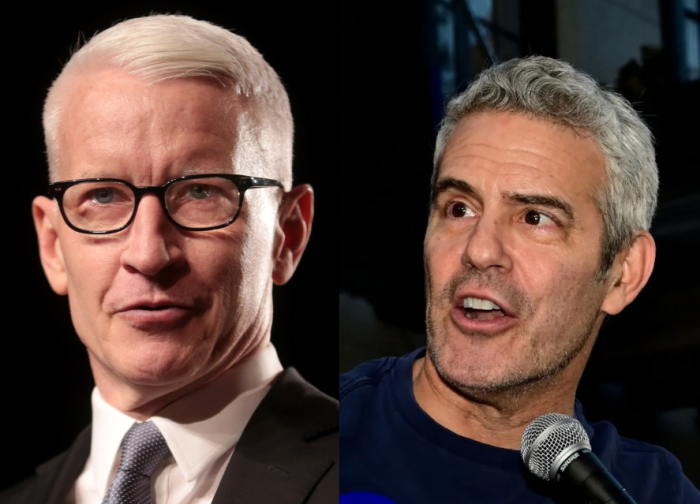TOKYO (Reuters) -Facebook Inc mistakenly blocked gold medallist sprinter Elaine Thompson-Herah, the fastest woman in the world, from Instagram, the company said on Wednesday.
The Jamaican sprinter had tweeted that she had been blocked for posting videos of her victorious 100 and 200 metres races because she “did not own the right to do so.” However, a Facebook spokesperson later said that while the content was removed, the suspension was wrongly applied.
Thompson-Herah defended her Olympic titles from the Rio de Janeiro 2016 Olympics over the two distances in Tokyo, making it four Olympic gold medals from two Games. But her attempt to share her Tokyo competitions with her 310,000 followers on Facebook-owned Instagram appeared to have backfired.
She later posted on her Instagram Stories that the block had been cleared with smiling emojis.
Thompson-Herah is due to compete in the women’s 4×100 metre relay on Thursday and, should Jamaica qualify for the final, on Friday. She had won a silver medal with her team mates in Rio.
Social media has increasingly became a key way for audiences to engage with the Games. This year, athletes have posted viral TikToks from behind the scenes, including jumping on their much-discussed cardboard beds to dispel the “anti-sex” myth.
But there are copyright and other restrictions on the kinds of online content that can be posted from the Games. (https://bit.ly/2Vmw8Vk)
The IOC said the removal of unauthorised content on social media was an automatic process.
“Rights Holding Broadcasters (RHBs) have the exclusive rights to broadcast the Olympic Games,” the IOC told Reuters.
“This includes distribution on social media, where athletes are invited to share the content provided by the RHBs on their accounts but cannot post competition content natively.”
“Should that occur, the removal of such content from social media platforms happens automatically.”
The Olympic committee has relaxed some of the more restrictive social media rules in recent years. As recently as Rio 2016 its guidelines stipulated participants had to get prior approval from the IOC to post audio or video content within Olympic venues. However, its rules still do not allow audio or video of the “field of play” or “back of house” areas.
The IOC will receive more than $4 billion in broadcasting rights for the period including the 2018 Pyeongchang winter Olympics and the Tokyo Games, much of which goes back into the Games and in supporting sports and athletes.
“The income from the sales of the broadcasting rights is an important element in the financing of the Olympic movement and helps building the Olympic stage on which athletes can shine,” it said.
“The IOC redistributes more than 90 per cent of its income to the wider sporting movement, which means that every day the equivalent of $3.4 million goes to help athletes and sports organisations at all levels around the world.”
(Reporting by Karolos Grohmann in Tokyo and Elizabeth Culliford in New York; Editing by Shri Navaratnam, Hugh Lawson and Toby Davis)

